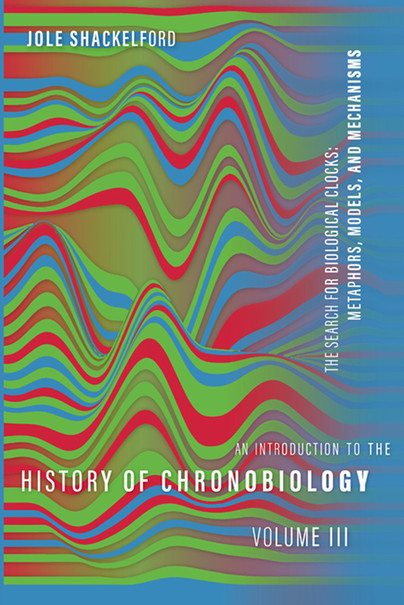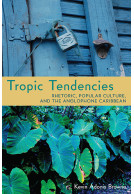An Introduction to the History of Chronobiology, Volume 3 (Hardback)
Metaphors, Models, and Mechanisms
Imprint: University of Pittsburgh Press
Pages: 400
ISBN: 9780822947332
Published: 27th December 2022
Script Academic & Professional
Pages: 400
ISBN: 9780822947332
Published: 27th December 2022
Script Academic & Professional
You'll be £47.00 closer to your next £10.00 credit when you purchase An Introduction to the History of Chronobiology, Volume 3. What's this?
+£4.99 UK Delivery or free UK delivery if order is over £40
(click here for international delivery rates)
Need a currency converter? Check XE.com for live rates
(click here for international delivery rates)
Need a currency converter? Check XE.com for live rates
In three volumes, historian Jole Shackelford delineates the history of the study of biological rhythms – now widely known as chronobiology – from antiquity into the twentieth century. Perhaps the most well-known biological rhythm is the circadian rhythm, tied to the cycles of day and night and often referred to as the “body clock.” But there are many other biological rhythms, and although scientists and the natural philosophers who preceded them have long known about them, only in the past thirty years have a handful of pioneering scientists begun to study such rhythms in plants and animals seriously. Tracing the intellectual and institutional development of biological rhythm studies, Shackelford offers a meaningful, evidence-based account of a field that today holds great promise for applications in agriculture, health care, and public health. Volume 1 follows early biological observations and research, chiefly on plants; volume 2 turns to animal and human rhythms and the disciplinary contexts for chronobiological investigation; and volume 3 focuses primarily on twentieth-century researchers who modeled biological clocks and sought them out, including three molecular biologists whose work in determining clock mechanisms earned them a Nobel Prize in 2017.
Other titles in University of Pittsburgh Press...















